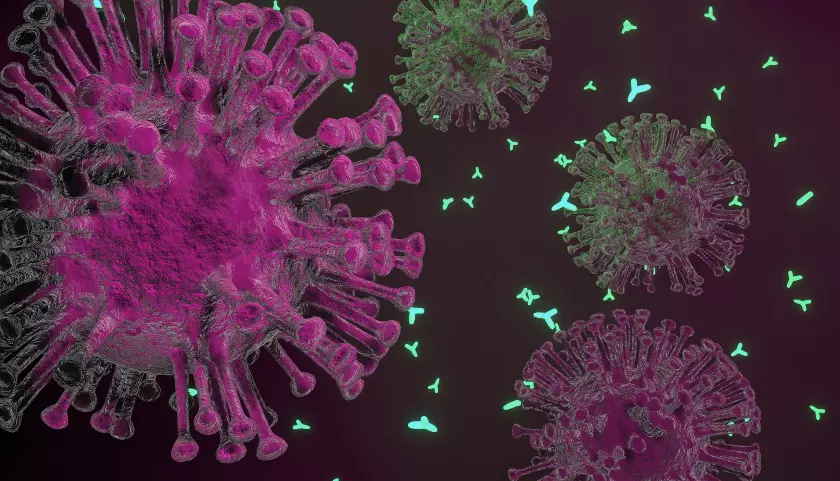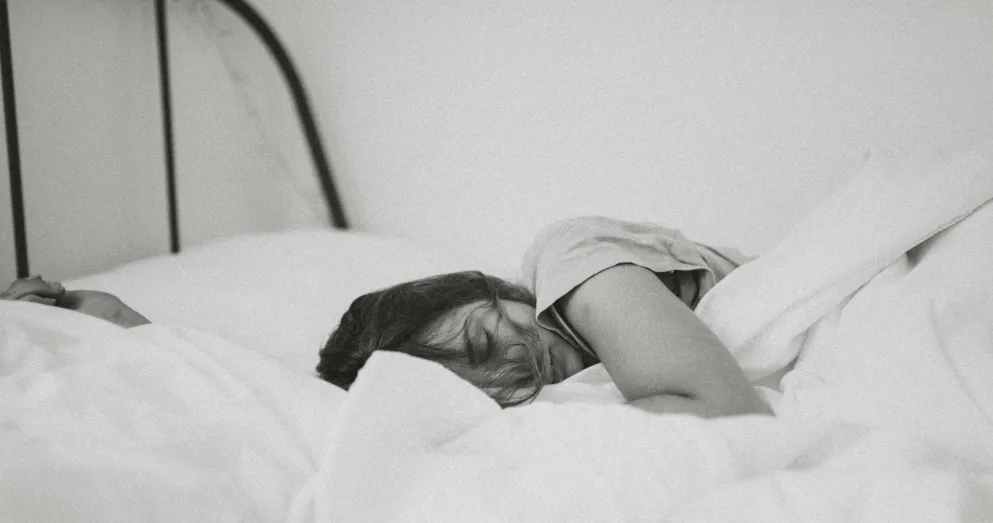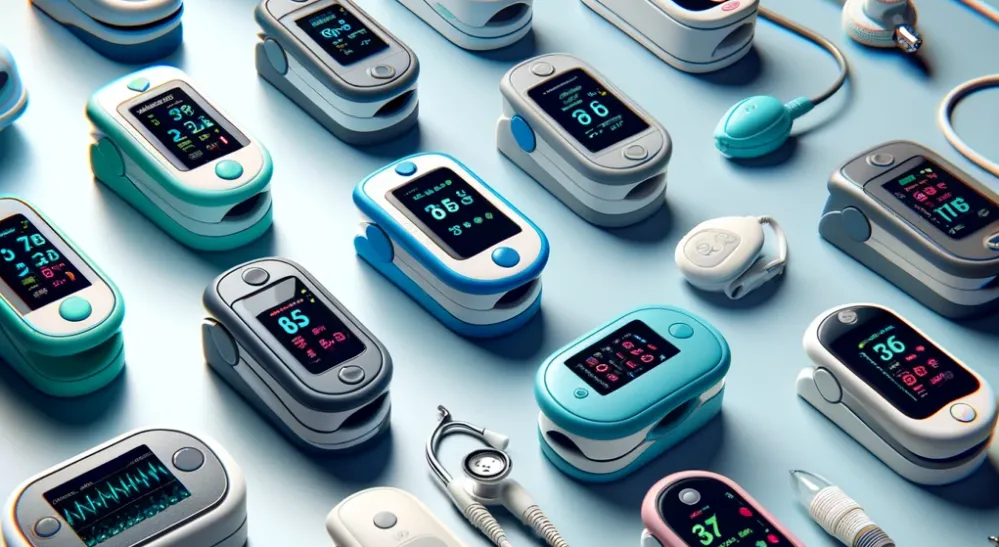Written and medically reviewed by Dorcas Morak, Pharm.D
Your immune system is your line of defense against diseases caused by pathogens like viruses, bacteria, etc. Your immune system produces antibodies, which are proteins that fight and eliminate disease-causing organisms in your body.
Continue reading to see how your body protects you from the COVID-19 infection and how long the immunity will keep you safe.
What are Antibodies?
Antibodies are y-shaped proteins produced by the immune cells and hunt for pathogens like bacteria, viruses, parasites, etc. They assist our body in identifying infectious agents and protecting them from their damaging effects.
Antibodies are part of the adaptive immune system, a division of the immune system that learns to identify and eradicate particular infections. Antibodies are produced by B-lymphocytes - a type of white blood cell. Other types are T-lymphocytes and macrophages.
What are Active and Passive Immunity?
Active immunity is an immune response developed following the actual exposure to the pathogen. Active immunity takes time to develop and lasts for a very long period since it includes learning and developing a memory about the pathogen. It can be vaccine-induced (response to vaccination) or natural immunity (response to actual infection).
While passive immunity is a defense created outside the body without real pathogen exposure. It works rapidly but only lasts a short period since the body has not learned to produce it.
How Long does Natural Immunity Last after a COVID-19 Infection?
Initially, scientists concluded that COVID-19 natural immunity could only continue for about three months. However, they eventually learn that it might go on for longer. Omicron and its subvariants, with their capacity to evade detection by the host immune system, changed the course of the narrative. This is called immune evasion. It is not certain how long COVID-19 immunity can last.
Can you get sick with COVID back-to-back?
According to a study, about 19% of individuals who have already contracted COVID-19 are immune to re-infection. This is due to the ability of the newer variants to elude host immunity, which raises the possibility of contracting the infection back-to-back.
How long does vaccine-induced immunity last?
The Pfizer and Moderna COVID-19 vaccine can provide up to 4 months of protection following the booster dosage, according to research. However, the development of Omicron subvariants has made breakthrough infections possible due to their capacity to evade host immunity. The good news is that even if you contract COVID-19 again, you have a low risk of developing a serious illness if you have had vaccinations and boosters.
How Long Does it Take to Develop COVID-19 Antibodies?
Your immune system learns how to protect you through both vaccine-induced immunity and natural immunity. You develop natural immunity to COVID-19 days to weeks after the infection. However, vaccine-induced immunity takes a few weeks to develop and provides full protection two weeks following the booster dose. Even if you have built up natural immunity to COVID-19, getting the vaccination shot is still recommended for improved protection.
Does Testing Positive for COVID-19 Antibodies Mean I Am Immune to COVID-19?
Due to immune evasion, testing positive for covid-19 antibodies does not imply that you are immune to it. Immune evasion is frequently observed with omicron subvariant and can cause re-infection. If you are eligible, it is advised that you get your vaccination shot.
How do I know if I've had COVID-19?
A blood test called a T-cell receptor (TCR) assay can be used to know if you've had COVID-19. However, your previous COVID-19 vaccination can give a positive test for the TCR assay. Contrarily, the nucleocapsid test can distinguish those who have had COVID-19 infection. This is because those who have not had COVID-19 but were vaccinated will not test positive for the test.
Keep in mind that the results of these two tests only reveal prior exposure. A PCR test is advised if you want to find out if you currently have COVID-19.
Will I need to get the COVID-19 vaccine every year?
Despite the FDA's advice that COVID-19 boosters be adjusted to incorporate omicron spike protein, there is currently no recommendation to take the COVID-19 vaccine every year.
You can save up to 88% on getting your covid-19 vaccines: Pfizer-covid-19-vaccine-eua, Janssen-covid-19-vaccine-eua, etc. when you get it from CVS, Walgreens, and Rite Aids with free RxLess discount coupons.

















